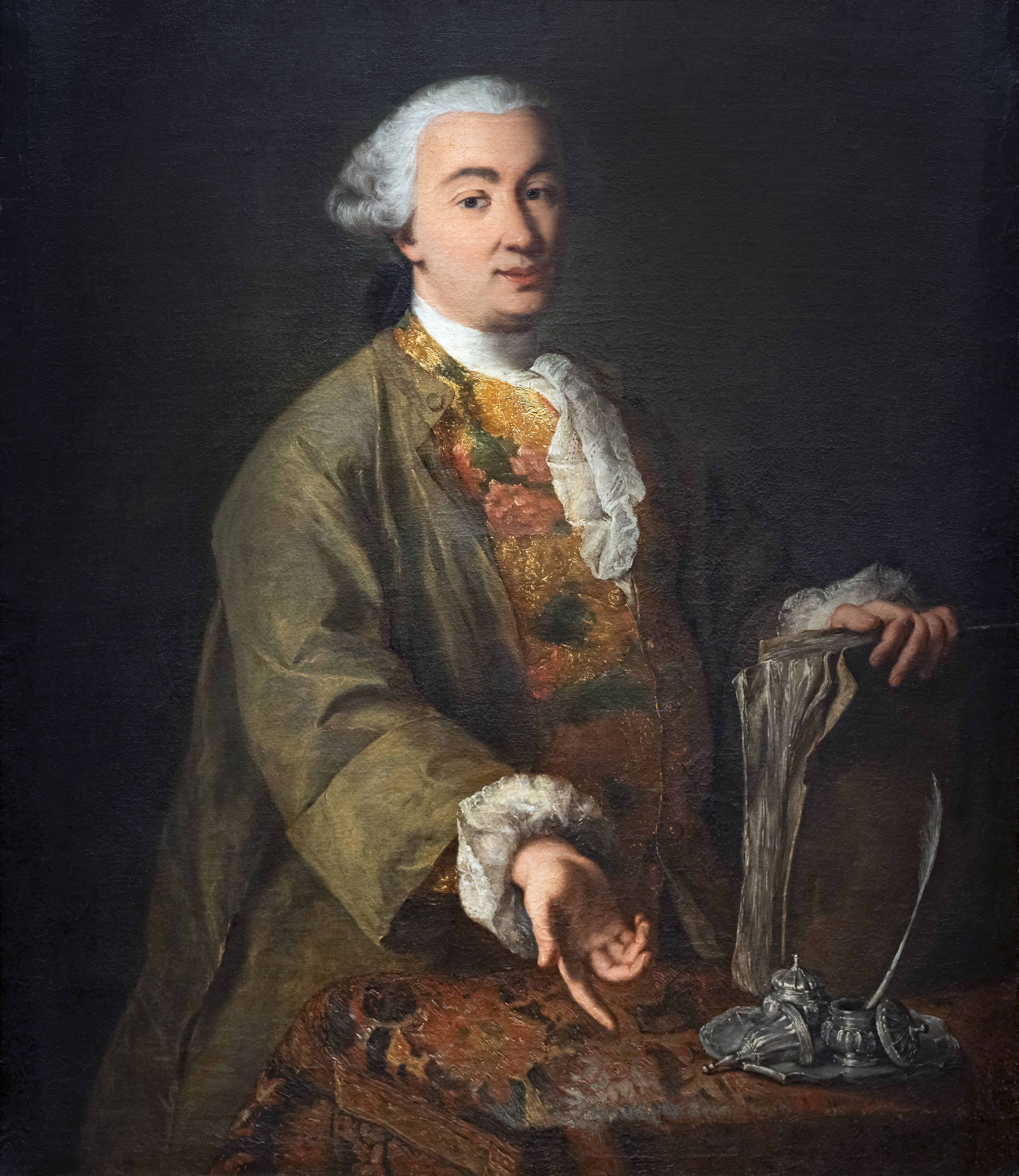“The blush is beautiful, but it is sometimes inconvenient.”
Bello è il rossore, ma è incommodo qualche volta.
I. 3.
Pamela (c. 1750)
Carlo Osvaldo Goldoni, né le 25 février 1707 à Venise et mort le 6 février 1793 à Paris, est un auteur dramatique italien, de langues italienne, vénitienne et française. Créateur de la comédie italienne moderne, il s’était exilé en France en 1762 à la suite de différends esthétiques avec ses confrères. Wikipedia

“The blush is beautiful, but it is sometimes inconvenient.”
Bello è il rossore, ma è incommodo qualche volta.
I. 3.
Pamela (c. 1750)
“He only half dies who leaves an image of himself in his sons.”
Muore per metà chi lascia un' immagine di se stesso nei figli.
II. 2.
Pamela (c. 1750)
“The world is a beautiful book, but of little use to him who cannot read it.”
Il mondo è un bel libro, ma poco serve a chi non lo sa leggere.
I. 14.
Pamela (c. 1750)
“A wise traveler never despises his own country.”
Un viaggiatore prudente non disprezza mai il suo paese.
I. 16.
Pamela (c. 1750)
“Who well begins, is half way through his task.”
Il filosofo di campagna (The Country Philosopher) (1752), Part II, scene I (translation by Lesbina); reported in Thomas Benfield Harbottle and Philip Hugh Dalbiac, Dictionary of Quotations (French and Italian) (1904), p. 261.
“He who talks much cannot always talk well.”
Chi parla troppo non può parlar sempre bene.
I. 6.
Pamela (c. 1750)
“Pretexts are not wanting when one wishes to use them.”
Non mancano pretesti quando si vuole.
La Villeggiatura (1761), I, 12.
“He who never leaves his country is full of prejudices.”
Chi non esce dal suo paese, vive pieno di pregiudizi.
I, 14.
Pamela (c. 1750)